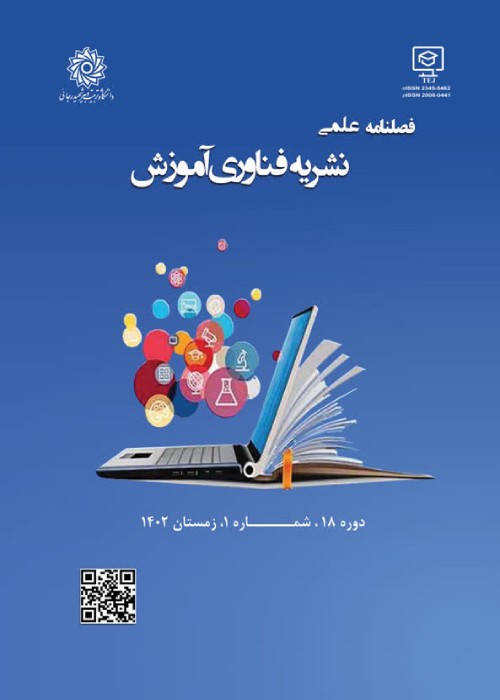The impact of flipped classroom on EFL learners’ development of reading comprehension
The difference between students and their individual needs have been the focus of many pedagogues in recent decades. With the emergence and development of a variety of technologies and the expansion of access infrastructure to emerging technologies, the condition to access a variety of educational content has been met for a wide range of learners. The flipped classroom is one of the most ambitious ideas in education, which emerged in the last decade of the twentieth century with the aim of meeting the needs of learners and promoting learner-centered learning, using very simple technologies. The flipped class can affect the teacher's instructional practice and their interaction with students and even communication with parents. The main difference between the presentation method in the flipped classroom and the traditional classroom is that the teacher becomes a guide and facilitator of the learning process instead of the lecturer and controller of the teaching process. The flipped class gives students control over the teaching process by stopping and rewinding the teacher's teaching video. In this way, students with different levels of proficiency can listen to or see the teacher's teaching over and over again, without being accused of beingretarded by their classmates. Therefore, the students themselves take the main responsibility of planning for the lesson and learn the educational materials without any worries. This study investigated the impact of flipped classroom on the development of English reading comprehension.
Two general English classes were selected based on convenience sampling and were assigned into control (n=25) and experimental (n=25) groups. The participants’ reading proficiency was assessed before and after the study by PET (Preliminary English Test). The scores of pre-test showed that the groups were homogeneous prior to the study. The experimental group received instruction based on flipped approach and the control group were taught based on conventional instruction.
The result of MANOVA on post-test scores indicated that flipped classroom improved students’ reading comprehension significantly. Tests of between-subjects effects show that the groups’ means of posttest scores were significantly different in four parts of PET that focus on understanding the main idea and gist of meaning. The difference between the groups was not significant in Part 5 that assesses understanding the vocabulary and grammar in a short text.
The results showed that the use of flipped instruction in general can improve learners' reading skills and comprehension. At the same time, this method has worked better in strengthening reading skills and comprehension of the general content and message of the texts than paying attention to smaller reading units such as vocabulary and grammar. This is logical given the theoretical underpinning of the flipped class in emphasizing higher-level cognitive skills and indicates the success of a model designed to teach GE. At the same time, it is necessary to help learners to strengthen low-level skills in the reading process by designing appropriate teaching aids and teaching learning strategies to them. Also, in order for this method to be successful in lower level cognitive activities, there is a need to continue using it and familiarizing learners with this method. In this study, due to the mediocre access of students to technology, advanced technologies (such as artificial intelligence, smart applications, etc.) were not used to prepare e-content. In addition, the flipped class was the first experience of the students participating in this study, and it is recommended to continued use of the flipped class (more than one semester) in other studies.
- حق عضویت دریافتی صرف حمایت از نشریات عضو و نگهداری، تکمیل و توسعه مگیران میشود.
- پرداخت حق اشتراک و دانلود مقالات اجازه بازنشر آن در سایر رسانههای چاپی و دیجیتال را به کاربر نمیدهد.


